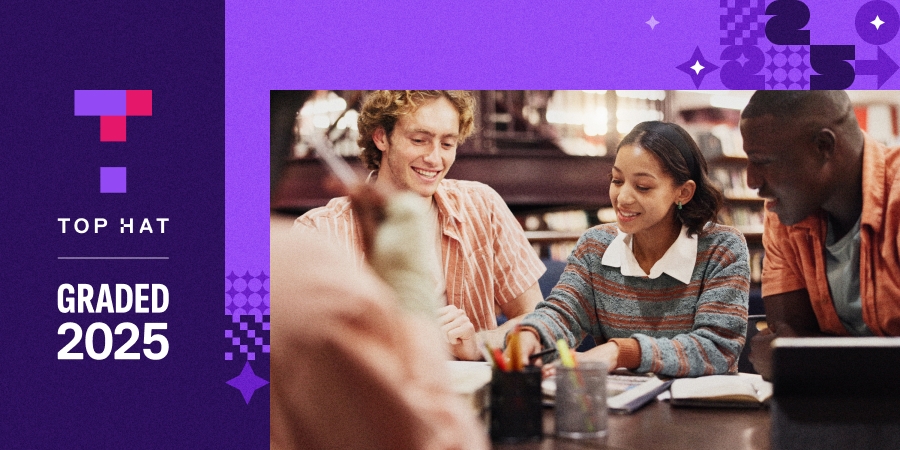In an extract from our new teaching guide, Innovative and Unexpected Ways to Teach Your College Class, we look at a couple of great gamification examples that can get students enthusiastically preparing for your class while they hope for victory over their peers… and have the side-effect of learning.
Innovation isn’t always synonymous with technology. While the digitally-native students of today have learned to thrive on instant gratification and frequent rewards—behaviors reinforced by video games and the immediacy of social media and smartphones—a healthy competitive spirit can also be harnessed in the classroom via age-old approaches to teaching, like role-playing. Educators are finding that role-playing and other gamification activities lead to a more engaged class.
Tony Crider, a professor of Astronomy at Elon University, in Elon, N.C., has adopted a technique long used in the humanities called Reacting to the Past, where students are assigned roles of historical characters as a way of engaging in their own learning. His simulations cover the worlds of astronomy and computer science; a recent one was based on the “Pluto Debates,” wherein leading lights of the astronomy world argued over whether or not Pluto should be considered a planet. An educator friend of Crider’s was asked to be the moderator, playing the part of celebrity astronomer Neil deGrasse Tyson.
Every student has a character sheet, with his or her secret victory conditions, i.e., “You’ll win if the vote turns out this way, or that way.” It ramps up the fun element and can help get students really passionate and invested in learning about history, or science. For Crider, the key was getting his students invested in how astronomers make sense of objects, how they classify them and how they make decisions together.
The simulation aspect of this approach really draws students in, to the point where they’ll often prepare more for Crider’s class than others. They want to win the debate—they want to do well.
Other less-involved gamification examples — those that can be conducted via an app, on a computer screen — are also growing in popularity. At the University of Michigan, Matthew Kaplan, director of the Center for Learning and Teaching, is currently running learning communities at his school to see how they can employ GradeCraft — a learning management system that supports “gameful” courses, with students awarded points based on how they navigate through assignments.
“Here, you’re really leveraging: ‘What do I really want students to know?’” says Kaplan. “And what are the pathways they can use to learn that material, in ways that they can make decisions and feel in control of the learning—that they can gain the points, and if they master it, do well.”


